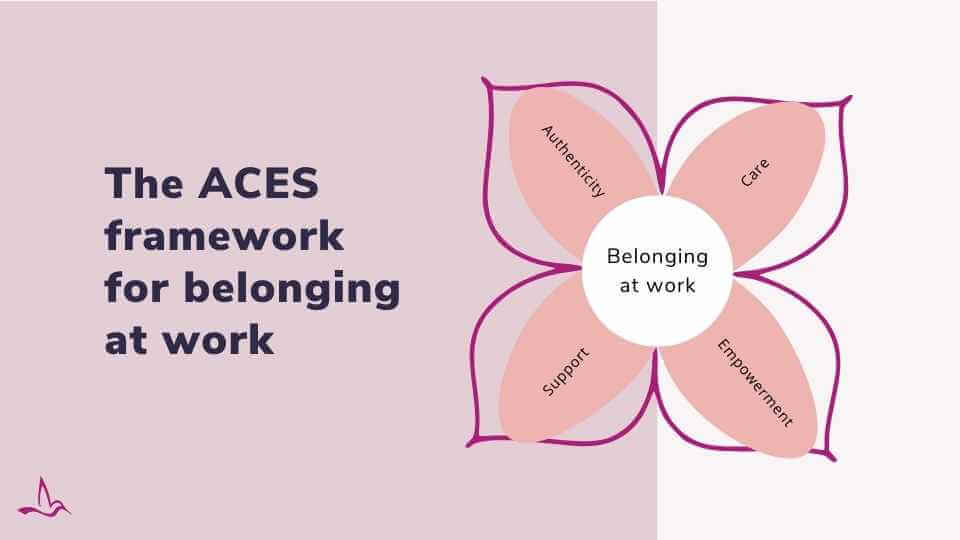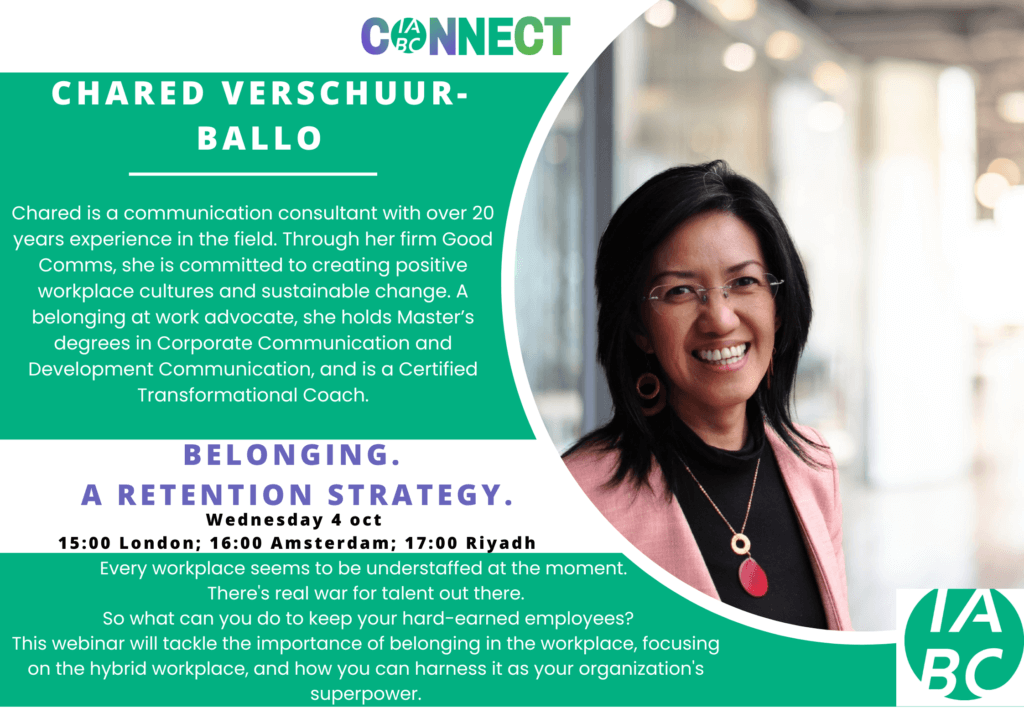The dark side of belonging
I’ve often written about the advantages of a sense of belonging. One of the questions I received about this topic is: “Does it also have a dark side?” Belonging is an integral aspect of human existence, providing us with a sense of identity and support. Yet, there’s a complexity to group dynamics that often goes unaddressed. This post aims to explore the challenges that come with group membership, including the phenomenon of misinformation.
The dark side of belonging Read More »
Belonging at work, Inclusive communication








